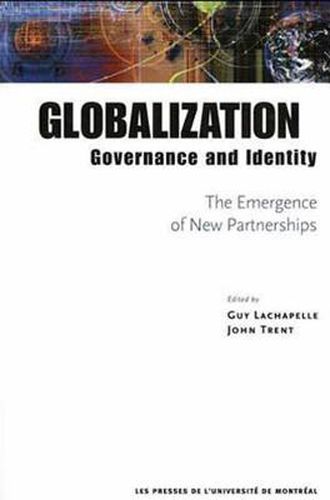Readings Newsletter
Become a Readings Member to make your shopping experience even easier.
Sign in or sign up for free!
You’re not far away from qualifying for FREE standard shipping within Australia
You’ve qualified for FREE standard shipping within Australia
The cart is loading…






At the beginning of this millennium, the world is in an era of continuous political change. While some states are still in the process of nation-building and others are prey to disintegrative pressures, still others are working out new techniques of supranational integration, while the world itself alternately embraces and rejects various forms of international integration. Citizens, meanwhile, have the double task of juggling conflicting appeals to their local, regional and global loyalties, at the same time as they consider means for retaining the democratic accountability of their political institutions. During its World Congress 2000, the International Political Science Association (IPSA) wanted to examine the determinants of these processes in an attempt to seek theoretical explanations for the established and emerging forms of political and economic partnerships which are likely to predominate in the next millennium. This book is the result of these efforts, following a roundtable organized by IPSA in Quebec City in 1998.
$9.00 standard shipping within Australia
FREE standard shipping within Australia for orders over $100.00
Express & International shipping calculated at checkout
At the beginning of this millennium, the world is in an era of continuous political change. While some states are still in the process of nation-building and others are prey to disintegrative pressures, still others are working out new techniques of supranational integration, while the world itself alternately embraces and rejects various forms of international integration. Citizens, meanwhile, have the double task of juggling conflicting appeals to their local, regional and global loyalties, at the same time as they consider means for retaining the democratic accountability of their political institutions. During its World Congress 2000, the International Political Science Association (IPSA) wanted to examine the determinants of these processes in an attempt to seek theoretical explanations for the established and emerging forms of political and economic partnerships which are likely to predominate in the next millennium. This book is the result of these efforts, following a roundtable organized by IPSA in Quebec City in 1998.